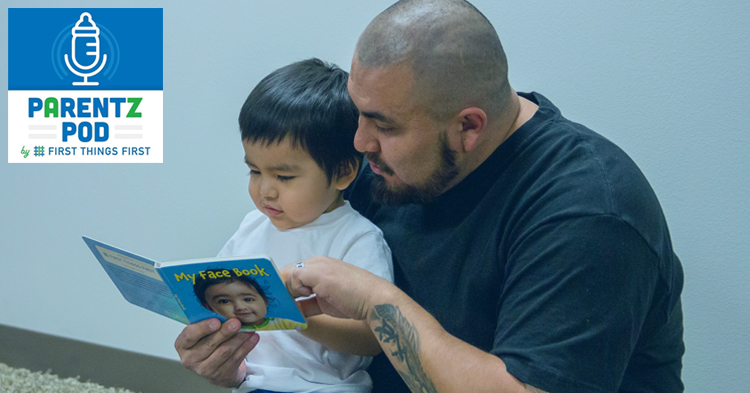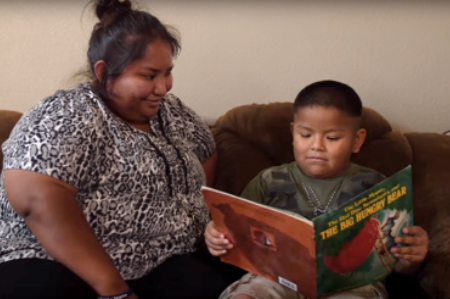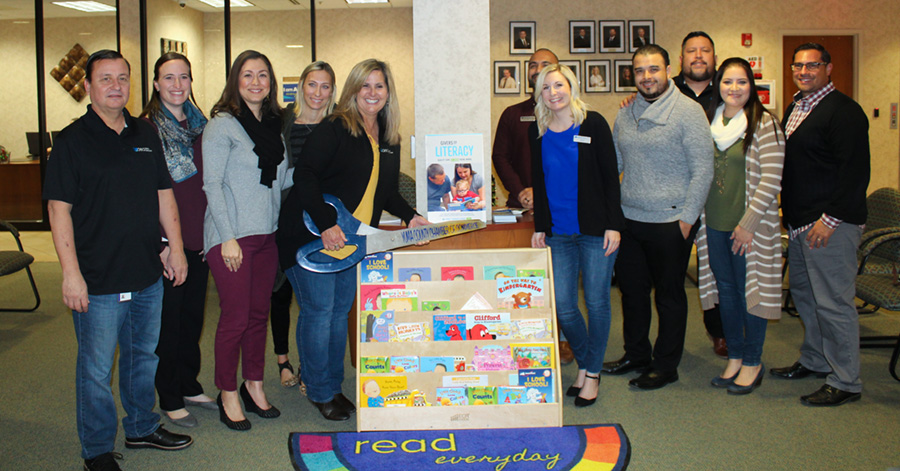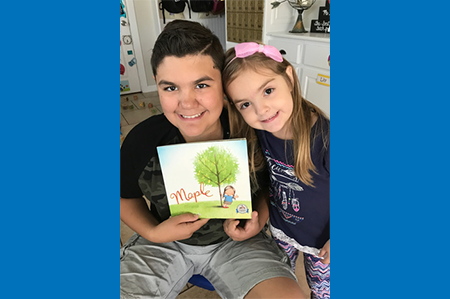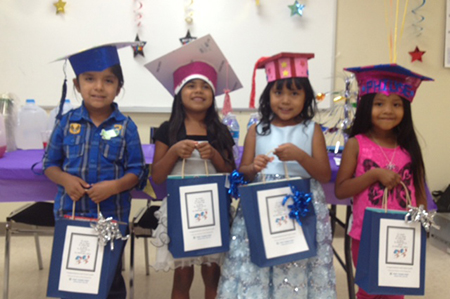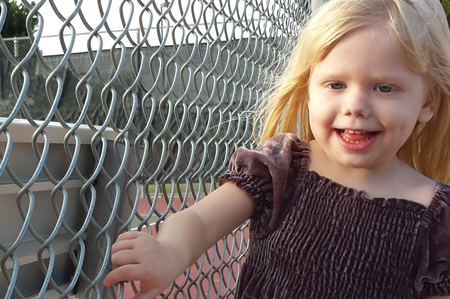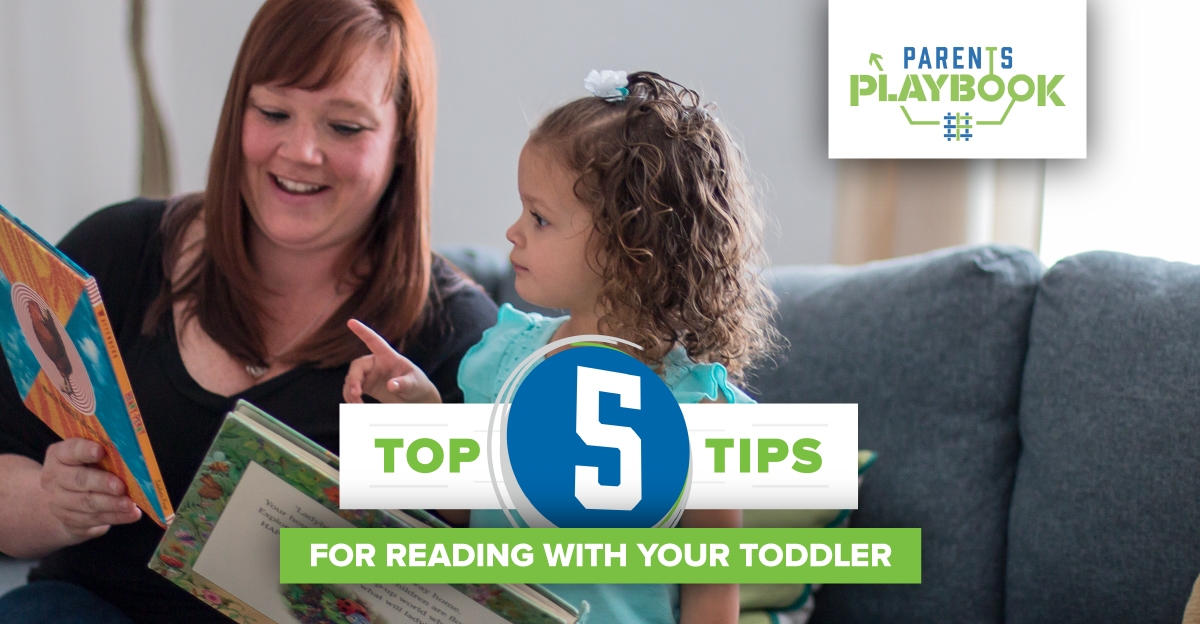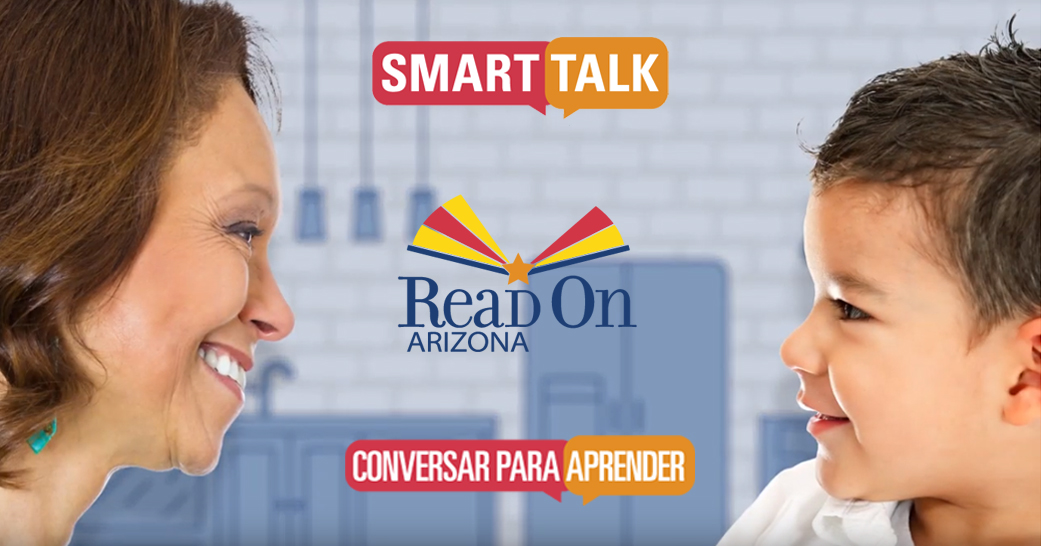Babies start learning language skills from the moment they are born. Hearing words helps their brains make important connections needed for reading. Reading with your baby also helps build a strong bond between you and your child, which is essential for their growth.
Early literacy skills start before babies can talk and continue as they grow into toddlers and preschoolers. Research shows that the number of words children know at ages 3 and 4 is linked to their reading comprehension skills in third and fourth grade. Here are some tips and recommendations to give your little one a great start with reading.
HOW TO READ WITH BABY
- Make the time to read daily: Reading with your baby is a bonding and learning experience. Just 15 minutes a day, either all at once or spread out, can greatly benefit your baby’s brain.
- Sit baby on your lap: It is said that children become readers while sitting in their parents’ laps. This closeness encourages bonding and ensures your baby can hear you and clearly see the book and your facial expressions.
- Choose stimulating books: Select short books with bright, bold colors, simple images, rhyming words and various textures. Babies learn through their senses, so let them touch and explore the book. Books with high-contrast, black-and-white images are great for newborns. A quick search of “high-contrast baby books” will give you many options.
- Be animated as you read: Babies love the sound of your voice. Read enthusiastically and use different voices and volumes for different characters when appropriate. Point to pictures on the pages so baby can begin to associate words with the images.
- Make it a conversation: Even if babies can’t talk yet, their coos and eye contact are forms of communication. Pause while reading to give your baby a chance to respond. We call this “serve and return,” which helps build strong and healthy brain connections.
BUILD A DIVERSE HOME LIBRARY
Babies enjoy cloth, vinyl and board books with simple stories and familiar pictures. Repeatedly reading the same books helps them to engage with the story more and more as they grow. Here are some resources for building your home library:
- Make Way For Books: This First Things First-funded program provides access to quality children’s books for young children and their families in Southern Arizona.
- Dolly Parton’s Imagination Library: This free program mails you one high-quality, age-appropriate book per month. It is available in certain Arizona ZIP codes, and you can check your eligibility online.
- Reach Out and Read: This First Things First-funded nonprofit integrates books into pediatric care to promote early literacy and healthy child development. At routine checkups, children receive age-appropriate books and parents get guidance on the importance of reading aloud. Click here to find a site.
BORROW FROM A LOCAL RESOURCE
Alternatively, you can visit your local, public library or family resource center to gain access to books for your baby. There are several benefits to utilizing these resources, including:
- Cost savings: Borrowing from a library is free!
- Encourages bonding: Visiting the library and family resource centers regularly can become a fun and educational outing for families, creating an early love of reading and learning.
- Exposure to new books: Libraries frequently update their collections, giving access to new releases and diverse books you might not have at home.
- Social interaction: Libraries and family resource centers provide opportunities for children and parents to interact with others in their community.
- Expert recommendations: Librarians can provide personalized book recommendations and help find books that match your child’s interests and reading level.
- Community Resources: Most libraries and family resource centers provide additional resources and events such as storytimes, literacy programs and educational workshops for all ages.
Additional resources to help you read to your child are available through Read On Arizona, a First Things First partner that supports early literacy for children from birth to 8 years old.


